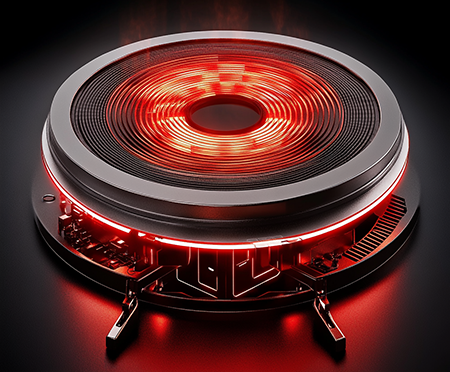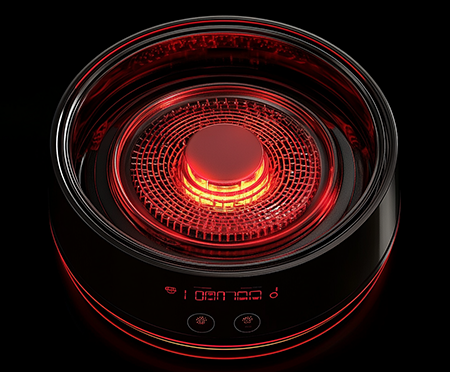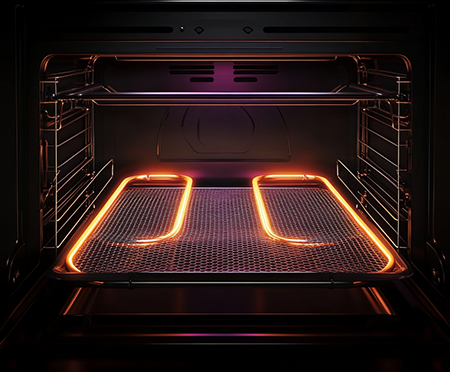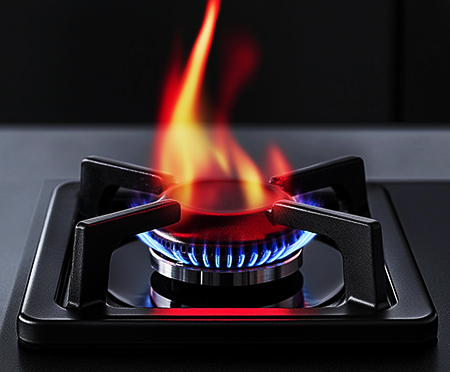The Importance of Keeping Hens Hydrated
Ensuring your hens stay hydrated with our comprehensive approach is crucial to maintaining their overall health and productivity. Hydration plays a vital role in digestion, temperature regulation, and egg production. Without adequate water intake, hens can experience a decline in egg-laying capabilities, slower growth rates, and even heat stress.
Recognizing the Signs of Dehydration
Understanding the signs of dehydration in your hens can help prevent serious health issues. Look for symptoms such as panting, reduced egg production, lethargy, and sunken eyes. By ensuring your hens stay hydrated with our comprehensive guide, you can take the necessary steps to combat these symptoms before they adversely affect your flock.
Methods to Maintain Optimal Hydration
First, provide clean and fresh water at all times. Regularly check water sources to ensure they are free from contaminants and at appropriate temperatures. Implementing automatic waterers can help streamline the watering process, especially if you’re managing a large flock.
Additionally, ensure your hens have shaded areas to cool off and reduce their water loss through evaporation. The creation of a dust bath spot is also beneficial, as it allows hens to mitigate excess heat while keeping cool and hydrated.
Dietary Considerations for Dehydration Prevention
Dietary changes can also play a significant role in maintaining hydration. Incorporate water-rich foods such as cucumbers or melons into their diet during the hotter months. These foods not only provide extra hydration but also offer a refreshing treat for your flock.
Furthermore, using electrolyte supplements in their water can provide an additional boost to their hydration levels, particularly during periods of stress or high temperatures.
Conclusion
In conclusion, ensuring your hens stay hydrated with our comprehensive tips and strategies is essential to their wellbeing. By monitoring for signs of dehydration, maintaining clean water sources, and adjusting their diet during hot weather, you can effectively prevent dehydration in your hens and promote a healthy, productive flock.






